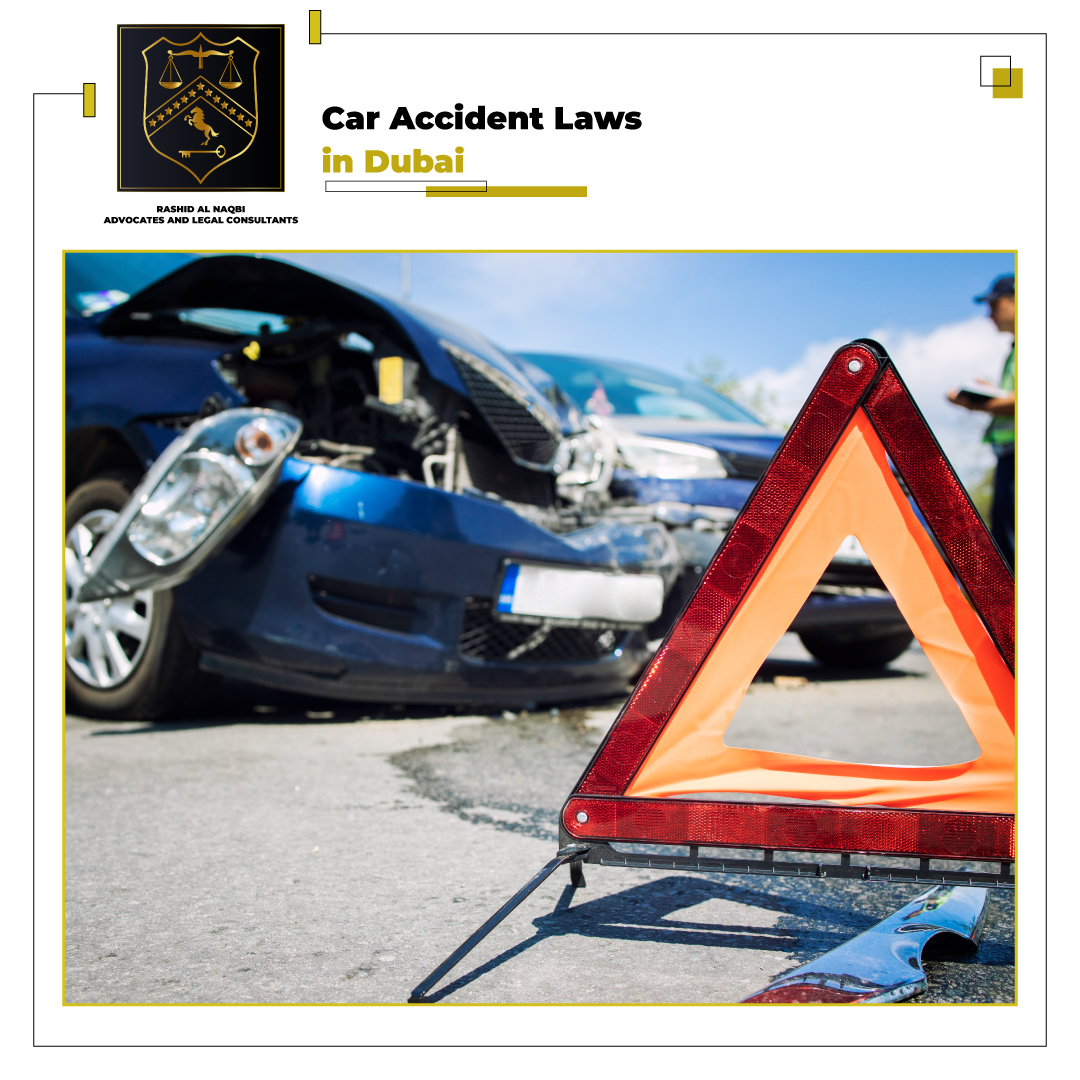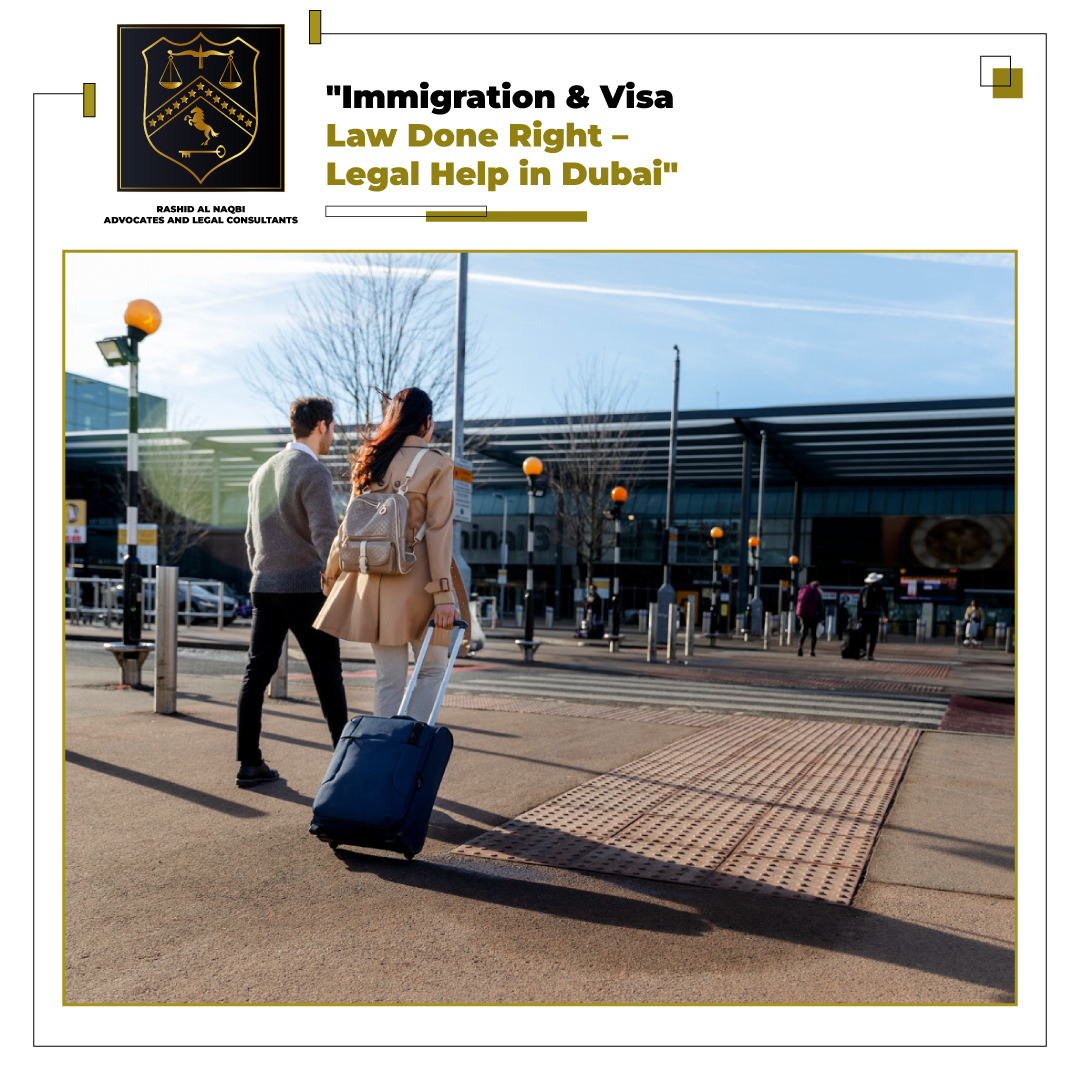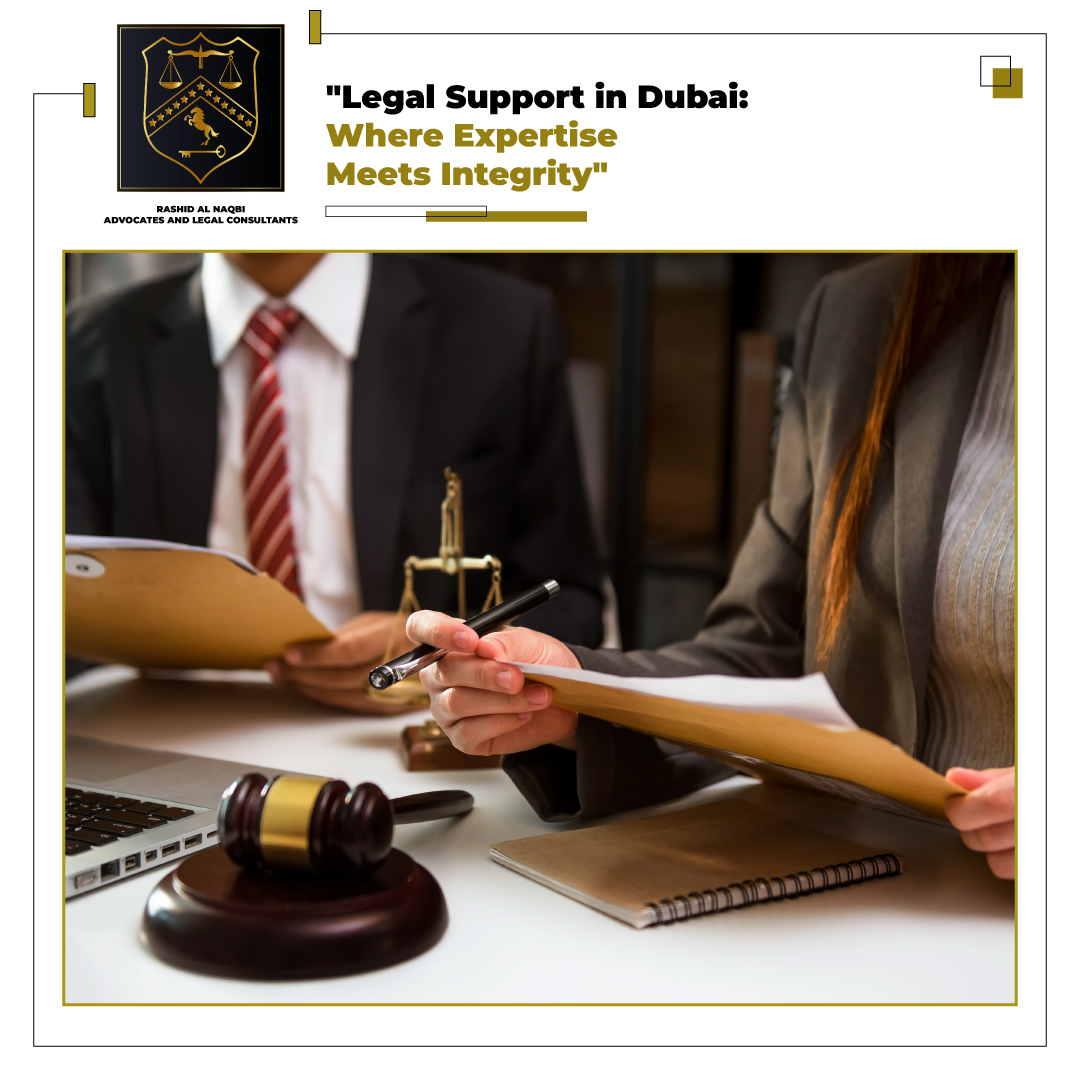

04-12-2023 | 09:36 pm |
Understanding Car Accident Laws in Dubai: A Comprehensive Guide
Car accidents can be distressing experiences, and when they occur in a foreign country, navigating the legal aftermath can add another layer of complexity. The regulations governing vehicle accidents in Dubai, a fast-developing cosmopolitan metropolis, are well-defined to promote justice and responsibility. Understanding the legal procedures and duties that arise as a result of an automobile accident in Dubai is critical for both residents and tourists. Let's have a look at the important aspects of Dubai vehicle accident legislation.
1. Reporting the Accident: Any collision, no matter how minor, must be reported to the police in Dubai. The Dubai Police Department is responsible for documenting and investigating traffic incidents. The parties involved must promptly notify the police and wait for them to arrive at the accident scene. Failure to report an accident as soon as possible may result in legal penalties.
2. No-Fault Liability System: Dubai follows a no-fault liability system, which means that regardless of who caused the accident, each party is responsible for their damages. This is a departure from some other legal systems where fault is assigned, and the at-fault party is responsible for all damages. In Dubai, insurance companies cover the damages for their policyholders, irrespective of fault.
3. Insurance Requirements: Car insurance is mandatory in Dubai, and third-party liability insurance is the minimum requirement. This insurance covers the damages and injuries caused to third parties. Motorists are required to carry a valid insurance certificate, and failure to do so can lead to fines and legal consequences.
4. Compensation and Damages: In the case of injuries or damages, the at-fault party's insurance typically covers medical expenses and property damage. Both parties need to exchange insurance information at the accident scene. If the at-fault party is uninsured or underinsured, the injured party may have the option to file a claim through the Dubai Traffic Prosecution.
5. Traffic Violations and Fines: Dubai has strict traffic rules, and violating these rules can result in fines and penalties. In the context of a car accident, if one party is found to have violated traffic laws leading to the accident, they may be held accountable for a portion of the damages.
6. Reckless Driving and Criminal Liability: In cases of reckless driving or driving under the influence of alcohol or drugs, criminal charges may be filed. Dubai takes a zero-tolerance approach to such offences, and individuals found guilty may face severe legal consequences, including fines, imprisonment, or both.
7. Seeking Legal Advice: While the standard procedures for dealing with car accidents are well-established in Dubai, seeking legal advice from the accident lawyers of Rashid Al Naqbi Advocates can be beneficial, especially in complex cases or disputes. Legal professionals can guide individuals through the process, ensuring their rights are protected and helping them navigate any potential legal challenges.
Conclusion
Understanding the law for car accidents in Dubai is essential for all motorists. The no-fault liability system, mandatory insurance requirements, and adherence to traffic rules contribute to a comprehensive legal framework. However, individuals involved in car accidents should always prioritize safety, promptly report incidents to the police, and exchange necessary information to facilitate a smooth and fair resolution. Seeking legal counsel from the experienced accident lawyers of Rashid Al Naqbi Advocates can provide added assurance and guidance in navigating the legal aftermath of a car accident in Dubai.
To avail of the consultation of the lawyers of Al Naqbi Advocates, you may contact us
Tags : Rental Dispute Lawyer Dubai || Top Lawyers and Advocates of Dubai || Dubai Family Lawyers || Trusted Divorce Lawyers in Dubai || UAE Citizenship Immigration Law Firms || Immigration Lawyers and Law Firms in the United Arab Emirates || Immigration Law Firms in Dubai || Dubai Immigration Advocates || Dubai Rental Dispute Attorney at Your Service || Property Legal Protectors in Dubai || Dubai Corporate Legal Specialist || Your Trusted Criminal Attorneys || Dubai Trusted Family Law Advocates ||
 Legal Help in Dubai
Legal Help in Dubai Dubai Lawyers for International Clients
Dubai Lawyers for International Clients Top Defense Lawyers in Dubai
Top Defense Lawyers in Dubai Best Defense Lawyers in Dubai
Best Defense Lawyers in Dubai Experienced Dubai Advocates
Experienced Dubai Advocates Legal Issues in Dubai
Legal Issues in Dubai Legal Support in Dubai
Legal Support in Dubai Dubai Advocates at Your Service
Dubai Advocates at Your Service Top Dubai Advocates
Top Dubai Advocates Legal Advocacy in Dubai
Legal Advocacy in Dubai